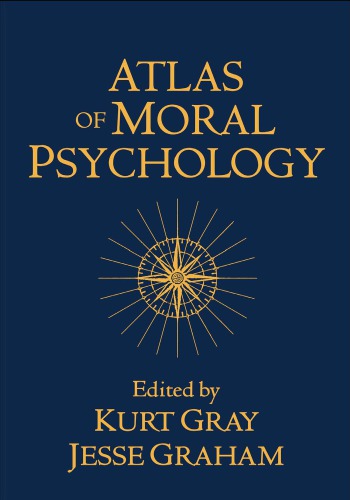

Most ebook files are in PDF format, so you can easily read them using various software such as Foxit Reader or directly on the Google Chrome browser.
Some ebook files are released by publishers in other formats such as .awz, .mobi, .epub, .fb2, etc. You may need to install specific software to read these formats on mobile/PC, such as Calibre.
Please read the tutorial at this link: https://ebookbell.com/faq
We offer FREE conversion to the popular formats you request; however, this may take some time. Therefore, right after payment, please email us, and we will try to provide the service as quickly as possible.
For some exceptional file formats or broken links (if any), please refrain from opening any disputes. Instead, email us first, and we will try to assist within a maximum of 6 hours.
EbookBell Team

4.0
26 reviewsWhen we conceived of the idea of the atlas, we asked contributors to take a stand on a number of questions that we had developed, including whether morality was intuitive or deliberative; whether morality involved one, two, or many processes; whether morality was domain general or domain specific; and whether morality was the same across cultures. These questions reflected our own theoretical leanings, and it quickly became clear that moral psychology had more—and bigger—questions than we had ever imagined.
This volume is so exciting because you can see just how big morality is and how many other fields it intersects with. Moral psychology started as a small offshoot of philosophy many years ago, but now it is a microcosm of the entire field of psychology, with debates about thinking and reasoning, new understandings of social cognition and the self, questions about animals and God, and even critical introspection.